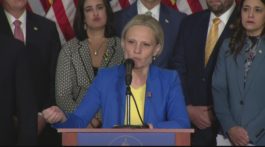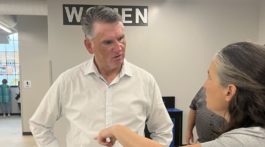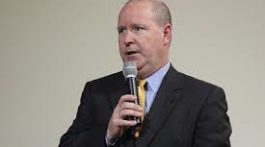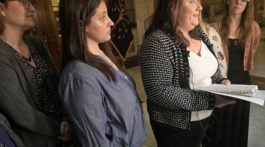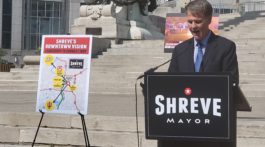by Betsy Wiley
The just concluded “long” session of the Indiana General Assembly was a triumph for Hoosier students and their families. Lawmakers unmistakably and emphatically supported the idea that parents should have options and students opportunities to find the best learning environment available.
No other state in the nation offers families the educational freedom that Indiana does. We have public-to-public school choice, public charter schools, non-public schools, home-schooling, and virtual-schooling as options. Now with passage of the new, two-year budget and other legislation, Indiana has robust programs like the Choice Scholarship (voucher) program, the Tax Credit Scholarship program, and the reauthorized Education Scholarship Account (ESA) program to help families with the cost of private-school tuition.
In addition to ensuring that Indiana remains a leader in school choice, the General Assembly appropriated record-setting amounts for K-12 education. Lawmakers voted to increase base tuition-support for public schools and to provide more resources to English-language learners, special-needs students, and adult learners, as well as for teachers’ pensions. All while budgeting within our means and preserving a workable state surplus.
But perhaps the greatest victory this year was achieved on behalf of charter-school students. In addition to extending private-school choice to more Hoosier families, great strides were made toward closing the enormous – and enormously unfair – funding disparity between public charter-school students and their traditional public-school peers.
Legislation passed which requires the sharing of future school operating and safety referenda revenue with charter schools, as well as any growth in local operating dollars derived from property taxes. By approving these new policies, Indiana lawmakers acknowledge that a public-school student should not have less money invested in their K-12 education based on the type of public school they choose to attend.
First, charter schools ARE public schools. Prior to this session, if “Jane,” a student who lives in the IPS school district today, chooses to go to her neighborhood IPS school, then she gets approximately $7,000 more invested in her education than if she chose to walk across the street and enroll in a public charter school. And yet, NOTHING about Jane has changed. She is the same student seeking a public education, just now at a public charter school. This multi-thousand-dollar discrepancy is unfair and Hoosier lawmakers took important steps to begin to address it.
The 2023 session will be remembered for these historic policy gains. Now, virtually every student in the state can attend any school that best meets their learning needs be it private, public charter, traditional public school, or homeschool. And they will all be treated as having equal worth, wherever they choose to learn.
Betsy Wiley is the President & CEO, Institute for Quality Education




